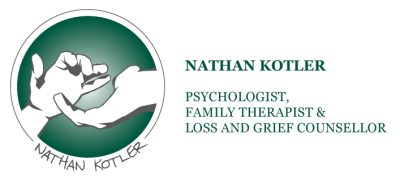The digital detox is on the rise — and it’s good news for Australia
The Conversation, by Philip Lovell Pearce and Li Jing, 12 Jul 2018.
John Briggs, a 40-year-old on holiday, texted his wife Shirley: “Look at the glacier out there.” He waited for the reply, which came through on his mobile.
At the time they were sitting next to one another on board the deck of their small cruise ship, along northern Alaska’s icy shores.
This interaction was reported to us during our research on digital behaviour.
Results to date show that for many people digital communication now trumps natural conversations — and the appreciation of the present scenery has begun to elude many online devotees.
A corrective to this addiction has now emerged: the digital detox holiday.
Depending on which country you’re in, the experience might be labelled variously as “black hole resorts”, “offline escape retreats”, or “dead zone holiday options”.
At its core, this emerging holiday trend is defined by disconnection from the usually omnipresent online and social media.
To assess attitudes toward this rising trend, we conducted a range of focus groups in Australia. We also plotted the changing ways the idea is being presented in the international media, analysing several hundred articles and documents from the past 10 years.
Aside from some early references in 2009 and 2010, serious media coverage of digital-free holidays began in 2011. The experience was first offered as an elite product targeting the wealthy few.
By 2016 and in 2017, digital-free holidays went from a niche product to one that appealed to a broader consumer base.
Even more interestingly, the kind of value sought in such an experience has also shifted over time.
In the early years, these holidays were discussed as a means of escape and a way to de-stress.
Last year, the emphasis was much more about building skills and attributes which could endure beyond the holiday.
The next phase of the work is to examine these skills more closely. Early indications suggest that couples and families use these experiences to learn to engage more fully with one another and undertake joint challenges. They appreciate that holidays offer bigger screen shots of the world than the view available on the mobile phone or laptop.
In Australia, where connectivity in remote locations is still a challenge, the digital detox holiday style may be a building block in the design of engaged, intimate holidays.
The opportunity to be offline will likely need to be coupled with a new suite of activities for tourists to enjoy. These may include photography, astronomy tourism, wildlife viewing, dancing and competitions, night treks and cooking classes.
But these skills may be secondary to the chance of immersing oneself in conversation and joyous moments with travel companions.
In the near future, there may indeed be a growing number of options for people like John and Shirley, our cruise holiday texters, to enjoy a retro holiday style where connectivity is an afterthought, not a central plank underpinning life and relationships.
Philip Lovell Pearce is foundation professor of tourism and Li Jing is a PhD candidate at James Cook University.
Leave a reply